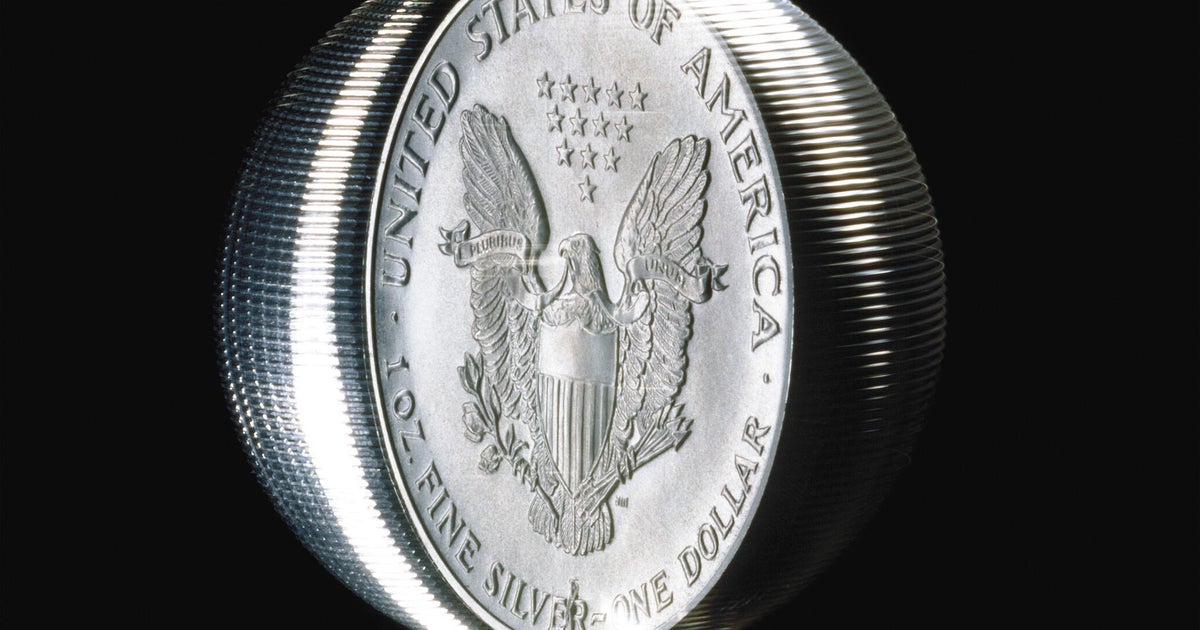Which short-term CD length is best?
Since interest rates shot up in 2022 due to high inflation, savers have been able to take advantage of attractive returns on certificates of deposit (CDs). Today, many CDs still pay high interest rates, but the yield curve is inverted. In other words, with the expectation that rates will fall in the near future, short-term CDs of 12 months or less generally pay higher interest rates than long-term CDs.
However, interest rates aren't the only determinant of what makes the best CD. For example, you might prefer the certainty that comes with locking in a CD rate, even if the annual percentage yield (APY) is less than some shorter-term CDs. Or, you might prefer certain short-term CD accounts due to a combination of yield and the ability to withdraw your money without penalty sooner. With that in mind, it helps to consider the below examples of when you might choose different short-term CD durations.
Thinking of opening a short-term CD now? See how high of a rate you could secure here.
Which short-term CD length is best?
Here are a few ways to tell which term length could be optimal for you.
When a 12-month CD is best
A 12-month or 1-year CD can provide a good middle ground for savers.
"It is a time frame that gives them a strong competitive rate, and yet not too long of a term for most of their liquidity needs such as saving for the purchase of a car or home renovation," says John Blizzard, founder, CD Valet.
While some shorter-term CDs might pay slightly higher interest rates than 12-month CDs, keep in mind that APYs are annual measurements. So, a 6-month CD might have a higher APY initially, for instance, but when those six months are up and you go to renew the CD, rates might be lower, meaning the combined interest earned over those 12 months might be less than if you just went with a 12-month CD in the first place.
"For savvy savers that treat CDs more as an investment, a 12-month CD can be a great choice if they think interest rates may fall in the near future, thus locking in a good rate for a longer time period of time," says Blizzard.
Explore your 1-year CD options online today.
When a 6-month CD is best
While 12-month CDs can be good for those who think interest rates will fall soon, some savers and investors might choose 6-month CDs to try to earn a high interest rate for now and then re-evaluate the situation six months later. Also, 6-month CDs can be useful if you're trying to save for a specific goal coming up in the near future.
"6-month CDs are good when you know you need money by the end of the year and are forcing yourself to segregate the funds — in other words, you don't trust yourself to have the money liquid — but you're not sure if rates are going up or going down," says Andy Smith, executive director, financial planning, Edelman Financial Engines.
By choosing a 6-month CD, "you're giving yourself a bit more breathing room on the front-end with a higher rate and giving yourself the potential flexibility to purchase another CD at a higher rate, if need be," he adds.
When a 3-month CD is best
Choosing an even shorter duration with a 3-month CD could be helpful for those who think interest rates will rise or at least stay flat, so you can get a high interest rate now and then potentially renew the CD for a higher yield at the end of those three months.
"If I had to bet, I think a client would be better off taking the 3-month CD over the 12-month CD if they wanted a higher yield in 12 months, if they keep rolling the 3-month CD each time it comes due instead of buying the 12-month CD. This strategy would work if rates did not come down in the next 12 months," says Christian Mauser, lead wealth advisor and investment strategist at ATLas Investment Advisors.
And similar to a 6-month CD, you might choose a 3-month CD if you're saving for a specific purchase in a few months.
Explore multiple short-term CD options here to learn more.
The bottom line
While some savers prefer to choose specific CD terms, like if you're opening an account to put money away for an upcoming purchase, you don't necessarily have to choose just one CD.
"Currently if someone is trying to maximize their individual CD rates, I would consider purchasing a ladder of 3-month CDs, 6-month CDs and 12-month+ CDs," says Mauser. That way, you can diversify, have consistent liquidity, and gain the flexibility to choose where to reinvest at different times as CDs mature.
Some savers also might prefer to forgo CDs and instead focus on high-yield savings accounts, as you can often find a similar interest rate with more liquidity. "With interest rates where they are on high-yield savings accounts, you may not even need to purchase a short-term CD," says Smith. "Granted, those rates may fluctuate if/when the Fed changes rates."
Overall, choosing the best short-term CD or other types of savings vehicles depends on your goals, risk tolerance and interest rate outlook. Some people might prefer to spread their money out into different types of accounts, while others might try to lock in the highest rate possible via a short-term CD.




